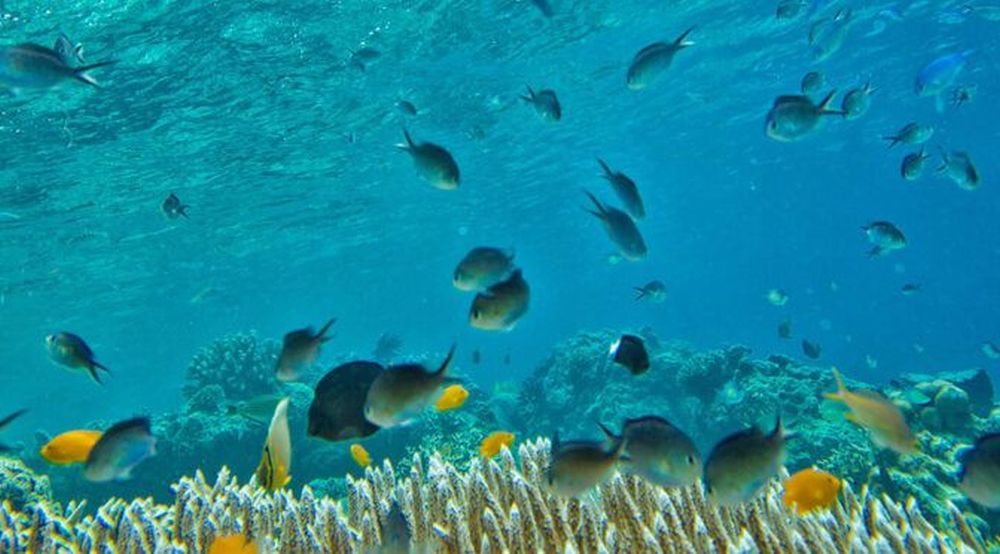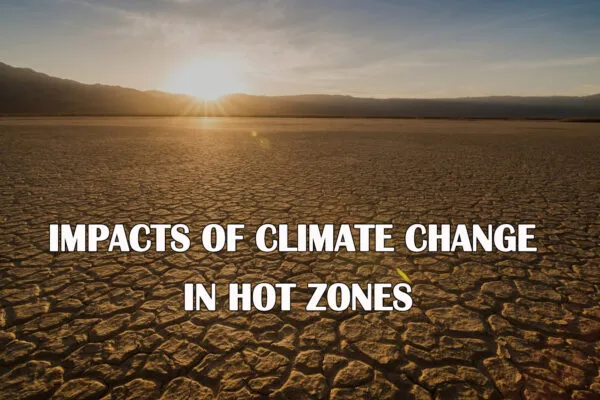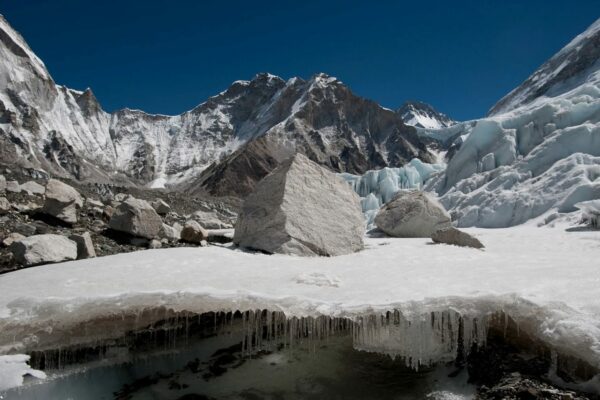Warming Oceans and Acidification to Threaten Fish Species
Researchers found that warming waters and its acidification can adversely affect interactional behavior in fish groups
Global warming is a devastating consequence of climate change, not only it affects the natural habitat adversely but is also responsible for ocean acidification. As per a recent study published in Global Change Biology, warming waters and acidification might highly affect the way fishes interact in groups.
Reportedly, tropical species are traveling toward the earth’s poles while finding new ways of interaction. Researchers studied the interaction and behavior of the species in changing environments.

Via: Inhabitat
Professor Ivan Nagelkerken from the University of Adelaide’s Environment Institute and Southern Seas Ecology Laboratories also the project leader, said;
Fish show gregarious behavior and cluster in shoals which helps them to acquire food and for protection against predators, many gregarious tropical species are shifting pole ward under Current Ocean warming and interacting in new ways with fish in more temperate areas.
The rising concentration of carbon dioxide present in the atmosphere is causing changes in the behavior of fish species. With the increase in global temperatures, oceans and seas are also warming up drastically. When an ocean gets warmed up, it is more likely to get acidified, which eventually affects the behavior of sea creatures including fish.
According to Angus Mitchell, a Ph.D. student at the University of Adelaide, who was among the researchers explained that the tropical and temperate fish species usually moved to the right, synchronizing together in a shoal especially when disturbed by a predator. This bias tends to decline gradually because of ocean acidification.
Mixed shoals of tropical and temperate species were found to be less cohesive under warm ocean conditions. The species showed the least interest in escape, which is a matter of great concern over the cohabitation of predator and prey.
Professor David Booth from the University of Technology, Sydney says;
Our findings highlight the direct effect of climate stressors on fish behavior and the interplay with the indirect effects of new species interactions.
The situation would highly affect the survival of fish species threatening their very existence. It is high time we take marine life more seriously, there should be some proper organizations to look after the sea creatures because their decline in marine populations can create a dramatic imbalance in the ecosystem!
Via: Inhabitat


